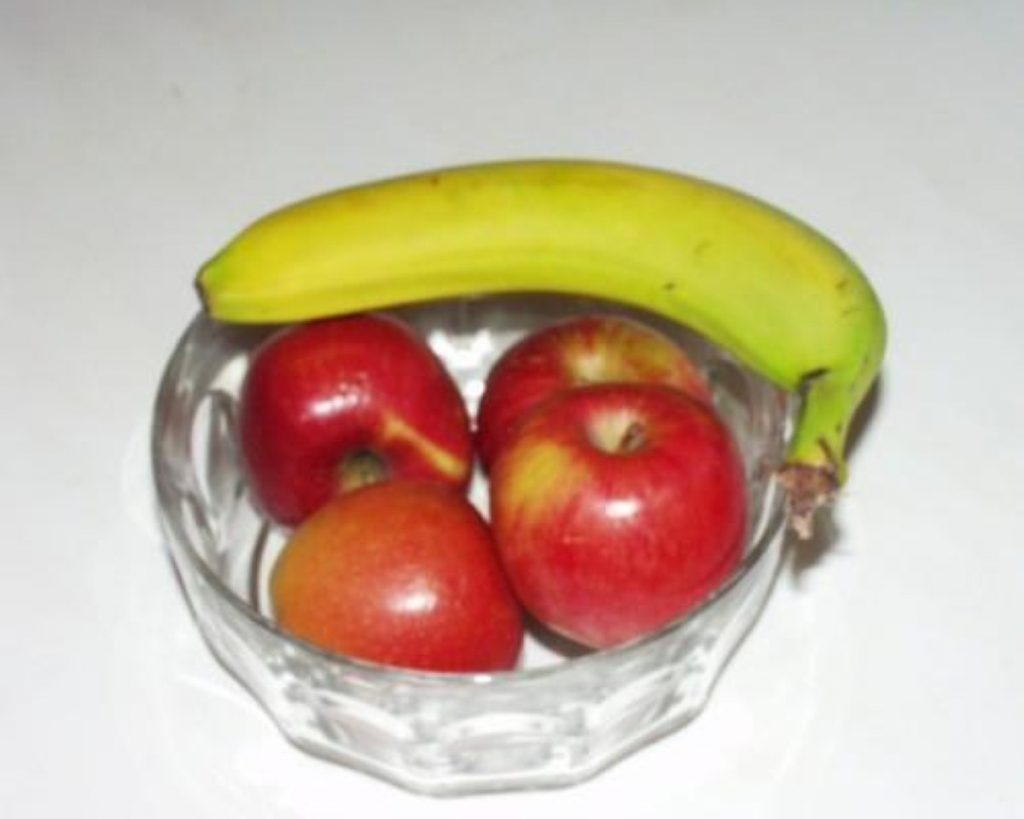Research holds clues to children’s fussy eating
New research into the eating habits of young children has shown that fussiness over food could be an evolutionary trait designed to protect youngsters from harmful toxins.
Scientists from Cancer Research UK found that children may have evolved a natural suspicion of foods with the potential to upset tender stomachs.
This does not apply to today’s fruit and veg and the study’s authors hope that by understanding why children refuse food, strategies can be developed to help them eat healthily.
The researchers based their findings on a study of 564 mothers with children aged two. They concluded that, in early human history, the presence of toxins in many plants and vegetables would have posed a threat to young children.


Lead researcher Lucy Cooke commented: ‘The problem is that strategies which were sensible for children to adopt thousands of years ago are not such a good idea now.’
Avoidance of foods that have not been sampled before is known neophobia and almost all children show it to some degree, the scientists said.
They found neophobic children often consumed very low amounts of green vegetables, meat and fruit, but ate normal amounts of other types of food, such as potatoes, cereals, biscuits, crisps and cakes.
They suggested that watching parents eat foods before trying it themselves could serve to reassure neophobic children that it is safe.

